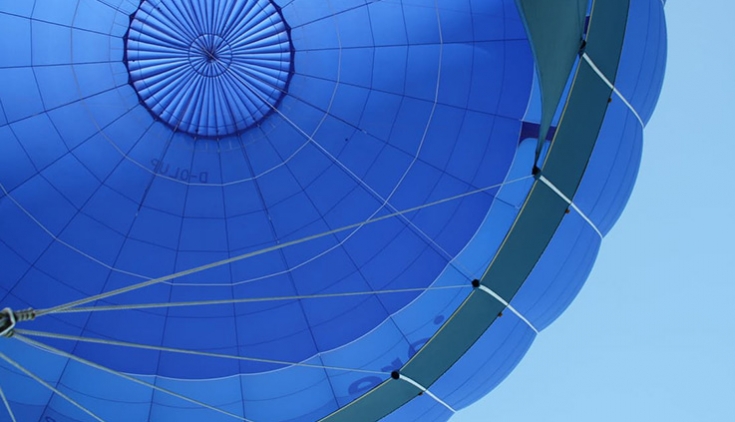- What we offer
- Who we are
- Ideas & insights

Tariff suspensions and tariff rate quotas
The system of tariff suspensions and tariff rate quotas makes a reduction of import duties possible and enterprises can achieve customs savings of substantial amount with their help.
Special reductions in duty, tariff suspensions and tariff rate quotas may make it easier for EU manufacturers to compete with suppliers from third countries by allowing EU enterprises to use raw materials, semi-finished products and parts without having to pay the general customs duties established in the common customs tariff and they also contribute to the strengthening of the industrial production capacity of the Community.
There are two types of reduction in duty:
- tariff suspensions and
- tariff rate quotas
Tariff suspension may be requested for products which are, to the applicant’s knowledge, not produced or products equivalent or similar to which are not produced in the EU.
If the goods in question or a similar product is produced in the EU but the quantity produced does not satisfy the demand of EU consumers, a tariff rate quota can be requested.
An application may only be filed for goods that are processed after importation – raw materials, parts, semi-finished products, units etc.
No application for the reduction may be filed for finished products, products suitable for direct retail trading or intended for retail training.
The opportunity of applying for tariff suspension and/or a tariff rate quota is available to EU enterprises, which acquire, release into free circulation and then use in production raw materials, semi-finished products and/or parts from outside the European Union during their manufacturing activities.
Enterprises may submit applications only twice a year (in February and August). The highly complex procedure consists of a total of four discussion rounds and may be initiated at the Hungarian Customs Tariff Committee and, through this committee, the European Commission.
If the submitted applications for tariff suspension or tariff rate quota are approved, the tariff suspension remains in force until revoking or until the date specified by the European Commission (typically for 5 years, which period may be extended). If the European Commission suspends the customs tariff relating to the product for which the application is filed, enterprises shall be exempt from the customs tariffs relating to such product for the term of the suspension, which makes substantial savings possible.
Why RSM?
Our customs team has successfully completed many tariff suspension projects gaining exceptional practical experience in this field. We strive to take all major burdens off the shoulders of the applicant during the project by representing the company’s interests throughout the process. All reconciliations with the authorities are performed by RSM directly providing comprehensive information to the client.
Our professionals regularly publish specialist material










